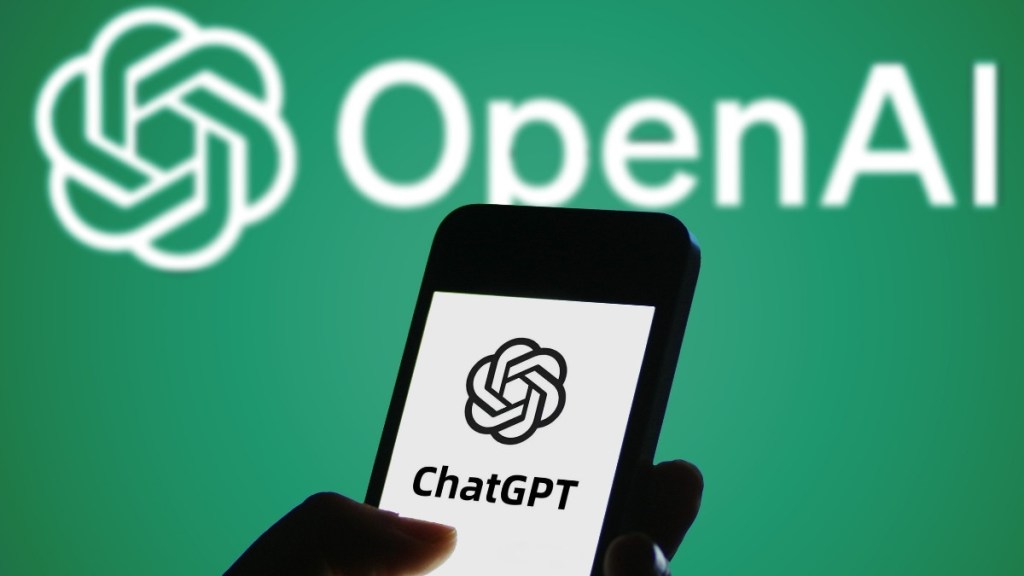Artificial intelligence giant OpenAI currently finds itself in a legal tussle against The New York Times and other similar news outlets over a copyright infringement lawsuit. As a result, a New York Judge asked it to turn over 20 million anonymized ChatGPT chat logs. Now, OpenAI has issued a counter-filing, stating that complying with the said request would also expose the private conversations of its users.
OpenAI fighting judge to reverse ChatGPT conversation order
OpenAI is actively trying to overturn the ruling passed by New York’s Magistrate Judge Ona Wang, which requires the tech company to hand over a huge chunk of ChatGPT conversations. The AI organization has argued that this directly invades the privacy of its users and that “99.99%” of the chats in question don’t have any connections to the copyright claims made by the concerned media outlets.
“To be clear: anyone in the world who has used ChatGPT in the past three years must now face the possibility that their personal conversations will be handed over to The Times to sift through at will in a speculative fishing expedition,” OpenAI noted in a recent court filing, as per Reuters.
Meanwhile, Dane Stuckey, the Chief Information Security Officer at OpenAI, shared a similar message on November 12, stating that following the court order would “force us to turn over tens of millions of highly personal conversations from people who have no connection to the Times’ baseless lawsuit.”
The lawsuit filed by The New York Times and others alleges that OpenAI leveraged their copyrighted content and articles to train ChatGPT, with the intention of enhancing the AI model’s efficiency when responding to user prompts.
A New York Times spokesperson has since rebutted OpenAI’s concerns by saying, “No ChatGPT user’s privacy is at risk. The court ordered OpenAI to provide a sample of chats, anonymized by OpenAI itself, under a legal protective order.”
Additionally, New York judge Ona Wang has stated that exposure of OpenAI users’ data should not be of concern. This is because the company’s “exhaustive de-identification” and other safeguards should protect their privacy. As things stand, OpenAI has until Friday to submit the required transcripts.










